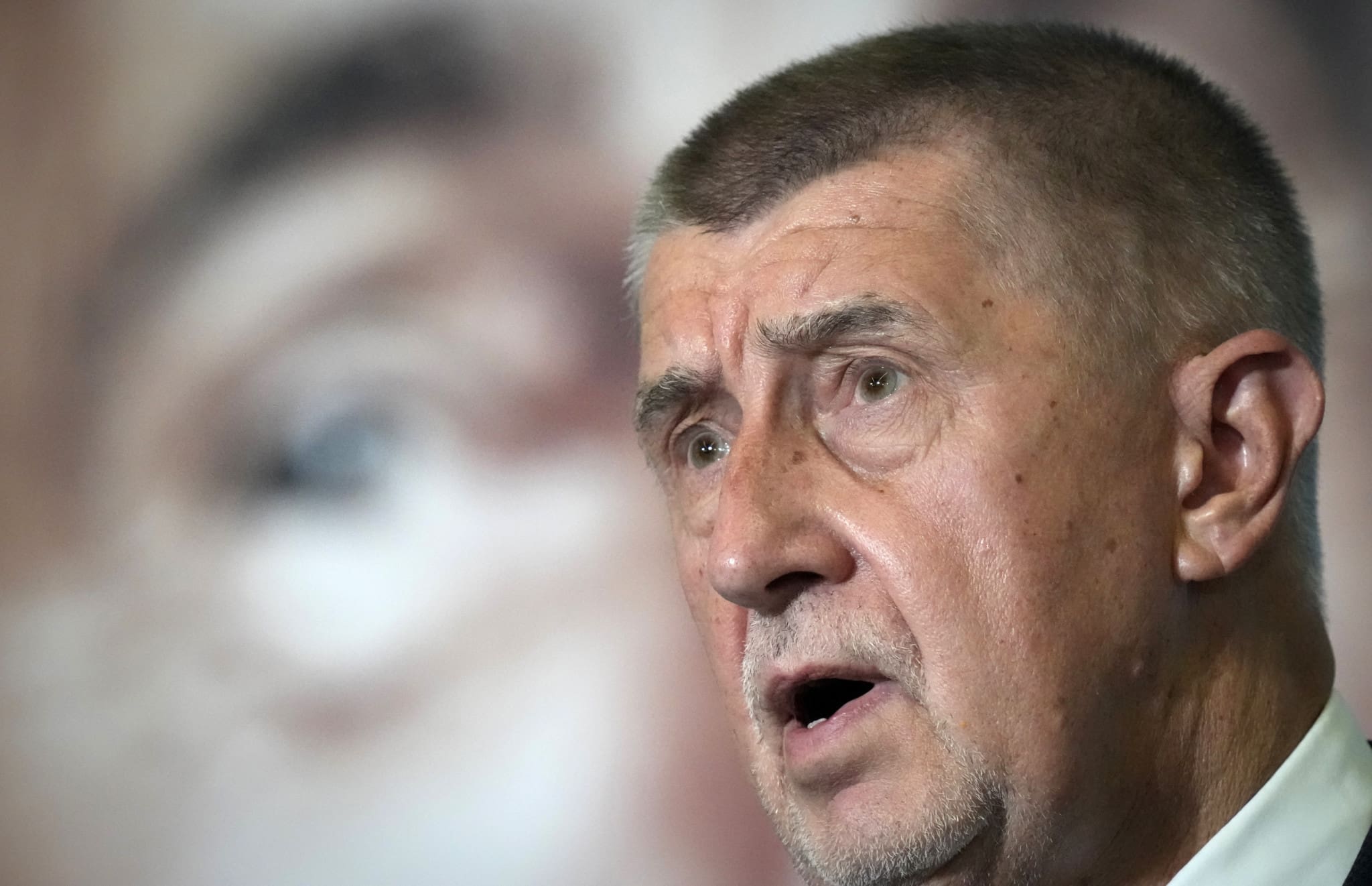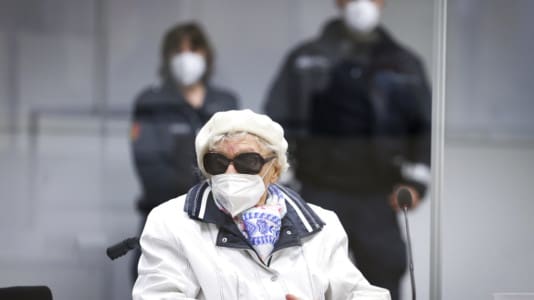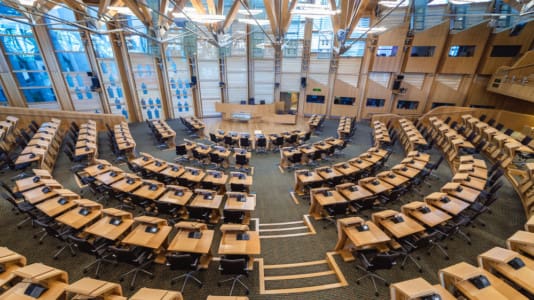Former Czech Prime Minister Andrej Babiš has criticized his successor and the Czech presidency of the European Union for idly sitting by as Czechs continue to suffer from the ongoing economic crisis.
A recent poll conducted by the STEM company for the CNN Prima NEWS outlet revealed that more than 8 in 10 Czechs have had their household budgets strongly impacted by the cost-of-living crisis.
The survey showed that 81 percent of Czechs have had to cut back due to higher food and energy bills in particular. A total of 62 percent said they had needed to “humble themselves,” 16 percent admitted they currently have “considerable problems,” and 3 percent pleaded that “the problems are beyond control.”
A total of 62 percent of Czechs have had to resort to dipping into savings, while for others, this is simply not an option.
Of those relying on savings, 51 percent are doing so to help pay their expensive energy bills, while 42 percent are using savings to pay for weekly groceries, according to the survey.
Czech inflation was recorded at 16.2 percent year-over-year in November, down from its peak of 18 percent in September. The drop prompted the Czech National Bank (CNB) on Wednesday to keep its base rate of 7 percent, a two-decade high, unchanged since the economy had shown initial signs of recovery.
The recovery, however, is yet to reach those on the ground who are continuing to be hampered by astronomical prices for food and energy during the coldest time of year.
The survey results have come the same week as EU energy ministers reached an agreement on the gas price cap, news that has not been met with celebration from some in Czechia.
Former prime minister, Andrej Babiš, took to social media on Thursday to berate the agreement reached, which he argues does not even begin to address the concerns of ordinary Czechs struggling to pay their bills.
He accused Czech Prime Minister Petr Fiala of “being invisible” during negotiations, opting to hide behind his minister as a deal was thrashed out, resulting in a gas price cap of €180 per megawatt-hour (MWh); he also labelled the Czech presidency of the European Union during the second half of this year as a failure for not solving the energy crisis.
“This is nearly 100 percent higher than average prices before the summer!” Babiš told his Facebook audience in regard to the agreed-upon energy cap. “That is, 12x more than the price two years ago. Some states, including Poland, have asked for the reduction to at least 150. So this agreement is a success for the Czech government?” he questioned.
“We should have changed the functioning of the energy market in the EU and separate gas prices from the rest of energy prices,” claimed Babiš, adding, “but Mr. Fiala is not even chairman, he was not even at the table when gas prices were capped; he leaves everything to his minister.
“The Germans have so far prepared a plan to support people and companies worth 200 billion euros. Thus, the Germans give their companies a competitive advantage over ours — and we just sit there and watch,” he added.
The ANO 2011 party leader accused Fiala of “not being in charge” and claimed he “does not negotiate hard for us, he is invisible.”
Earlier this year, Czechia saw the highest increase in energy prices across the entire European Union, rising by 62 percent year-over-year for the first half of 2022, according to the European statistical office Eurostat.






